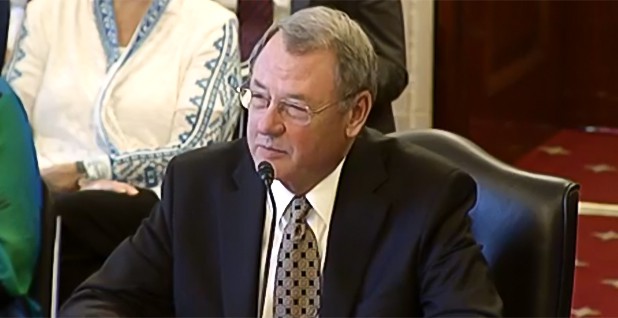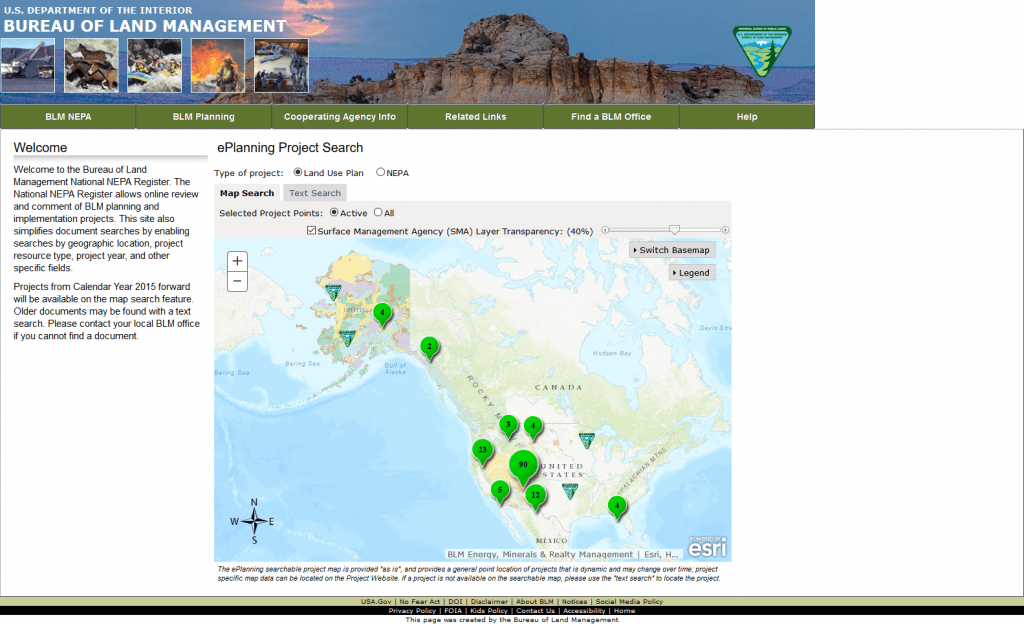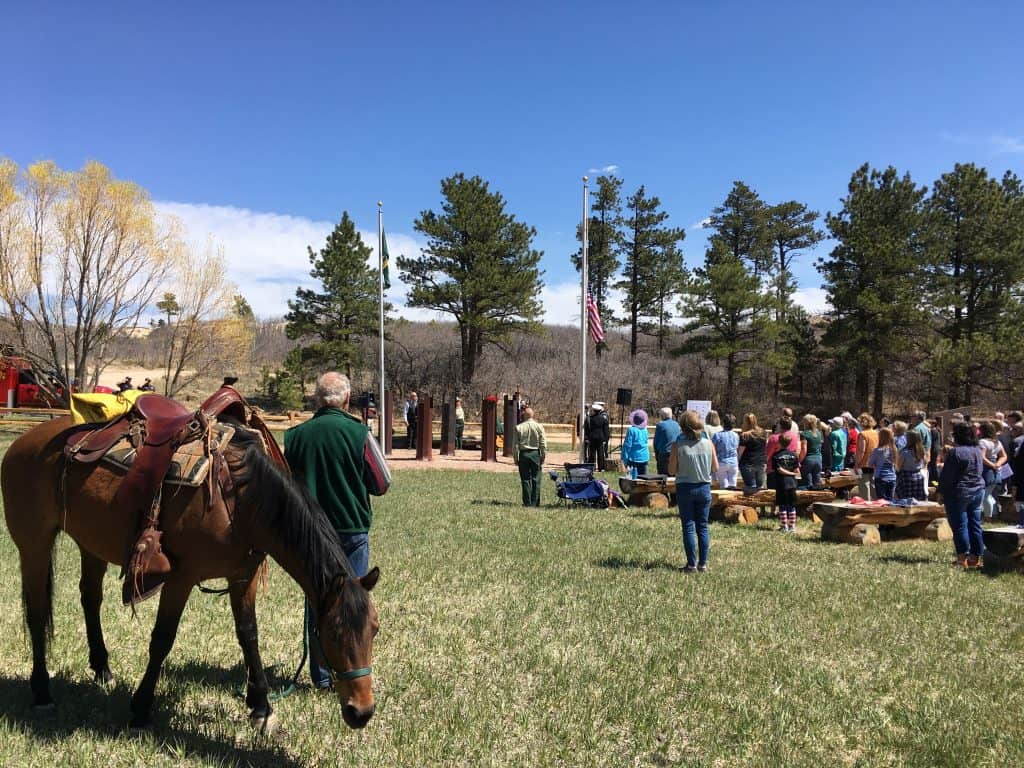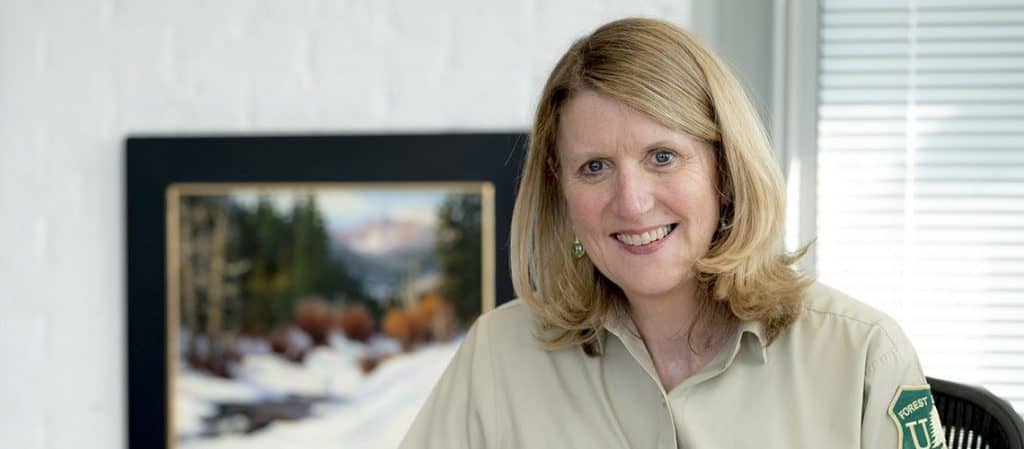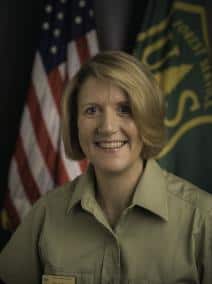From E&E News here:
President Trump’s choice for undersecretary of Agriculture overseeing the Forest Service promised yesterday to make fighting sexual harassment his first priority if confirmed.
“It’d be my first briefing,” James Hubbard told the Senate Agriculture, Nutrition and Forestry Committee at his confirmation hearing.
As undersecretary for natural resources and environment, Hubbard’s primary responsibility would be over the Forest Service, where a history of sexual harassment and misconduct has unfolded in recent months.
Hubbard faced questions about the issue from Sen. Debbie Stabenow (D-Mich.), the panel’s ranking Democrat, as well as other lawmakers.
Stabenow said USDA has told the committee that 183 reports of sexual harassment were made at the Forest Service nationally in the past two years, and that officials confirmed 77 of them.
“These are high numbers for an agency,” said Stabenow, who added that she wants to be sure employees who report incidents don’t face retaliation.
Hubbard said he would quickly call officials together for an update on the Forest Service’s progress on the issue, and would protect people who make complaints.
“This idea of ‘it’s safe to come forward’ is essential,” Hubbard said.
The Forest Service’s troubles came to light last year amid news reports and intensified with the resignation of Forest Service Chief Tony Tooke in March (E&E Daily, March 8).
Interim Forest Service Chief Vicki Christiansen has said she’s implementing several measures, including a toll-free telephone number for employees to call with reports, which generates a response within 24 hours. The agency has also instituted anti-harassment training for permanent and seasonal staff, she said at a hearing in June (E&E Daily, June 6).
Hubbard’s nomination has won praise from forest industry groups and the National Association of State Foresters, of which he was president in 1990.
Committee Chairman Pat Roberts (R-Kan.) has said he wants to move as quickly as possible on nominations, although the political environment on the Senate floor threatens to slow them once they clear the committee.
Hubbard, a former state forester in Colorado, also told lawmakers he endorses “active” management of forests that would speed tree-thinning projects aimed at reducing wildfire risks. That work, he said, should be done in cooperation with state forestry officials.
Congress has pressed the Forest Service to increase those efforts, including through the omnibus spending bill for fiscal 2018.
As undersecretary, Hubbard said, he would consult with regional foresters and state officials — then move forward on those programs — knowing the Forest Service can’t treat all the millions of acres it deems in need of attention.
“If we can’t cover everything, what’s most important?” he said he would ask regional foresters.
And he said he agrees with complaints by Sen. Steve Daines (R-Mont.) that the three or four years the agency sometimes takes on environmental reviews is too long.
“I don’t consider those timelines acceptable,” Hubbard said.
